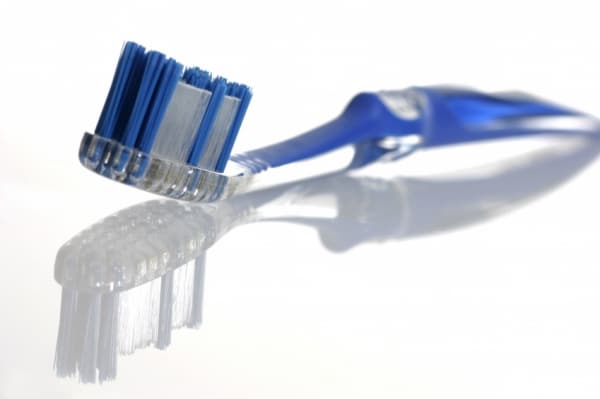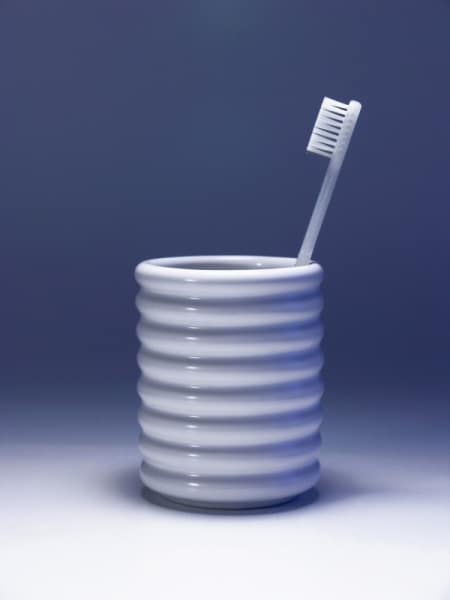
Dr. Michael Adler is committed to providing his Boulder-area patients with all the tools they need to maintain healthy teeth and gums. One of the most powerful tools in your dental hygiene arsenal is the ability to brush properly. If you get lazy or develop bad brushing habits, it can increase your chances of oral health issues such as tooth decay or gum disease.
During your regularly scheduled dental checkups and teeth cleanings, Dr. Adler will educate you as to the proper ways to brush your teeth. However, there’s no reason to wait until your next appointment. You can start developing better brushing habits right away by following the tips below.
Common Brushing Mistakes and How to Correct Them
Believe it or not, most people fall into the same pitfalls with their daily brushing routine. By avoiding these common brushing mistakes, you can get more value out of your efforts:
- Choosing the wrong toothbrush — Not all toothbrushes are created equal. If you use the wrong one, you won’t get the most out of your efforts. You should choose a soft-bristled toothbrush in order to avoid damage to your gums. In addition, if you are struggling to open your mouth wide enough to brush properly, your toothbrush is probably too big.For individuals with hand problems, shoulder issues or arthritis, an electric toothbrush may make brushing easier and more effective.
- Shortchanging your brushing time — You should spend at least two minutes every time you brush your teeth. However, most people fail to brush for this length of time. To ensure you give this job the time it requires, divide your mouth into four quadrants and spend 30 seconds on each section.
- Over-brushing — If you brush your teeth more than three times a day, you may erode your teeth’s enamel or damage your gums. These outcomes can also occur if you use too much force while brushing, so make sure you brush gently.
- Using poor technique — Brushing with a wide, side-to-side motion can cause damage to your gum line. Instead, brush at a 45 degree angle to your gums using an up-and-down motion. Shorter strokes are more effective than a longer brushing motion.In addition, make sure you brush all inner and outer tooth surfaces, including hard-to-reach areas of your mouth. Brushing your tongue is also an effective way to eliminate bacteria.
- Starting in the same area all the time — Most people begin brushing in the same area of their mouth all the time. Unfortunately, this can increase the likelihood that the areas brushed at the end of your routine don’t receive the same diligent effort as the areas brushed first.To prevent this issue from occurring, change up your brushing routine by starting with a different area of your mouth every time you brush.
- Using the wrong toothpaste — The type of toothpaste you use impacts your results. Certain tartar control toothpastes and whitening toothpastes can be harsh on your teeth, resulting in an erosion of enamel. Instead, choose a standard fluoride toothpaste.
- Brushing right after eating or drinking acidic foods and beverages — Foods and beverages that are highly acidic can soften your tooth enamel. If you brush immediately after consuming these products, you are more likely to damage your tooth enamel. Instead, wait at least 30 minutes before brushing anytime you consume acidic foods and beverages.
- Failing to replace your toothbrush regularly — You should replace your toothbrush every 3-4 months for optimal performance. If you’re not sure whether it’s time for a new one, take a look at the bristles. If they’ve lost their flexibility and are starting to break apart, it’s a sign that your toothbrush is no longer getting the job done.
Don’t Neglect Professional Teeth Cleanings
In addition to diligent brushing and flossing, it’s also important to visit our Boulder dental office twice a year for regular dental checkups and teeth cleanings. While brushing and flossing are important parts of your daily oral hygiene routine, they can’t eliminate all of the bacteria that build up in your mouth. Over time, these bacteria will harden on your teeth, forming plaque and tartar which can lead to tooth decay and gum disease.
During your dental checkups and teeth cleanings, Dr. Adler will remove any plaque and tartar that has accumulated on your teeth, and he’ll check for early signs of decay or gum disease. This ensures you catch any oral health issues in their earliest stages when they are easiest to treat.
Please contact Adler Advanced Dentistry using the form on this page or call today to schedule a dental checkup and teeth cleaning. We serve patients in Boulder, Denver and the surrounding areas of Colorado.


